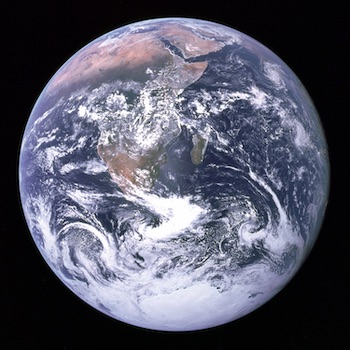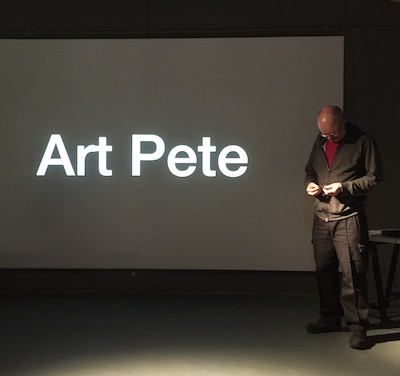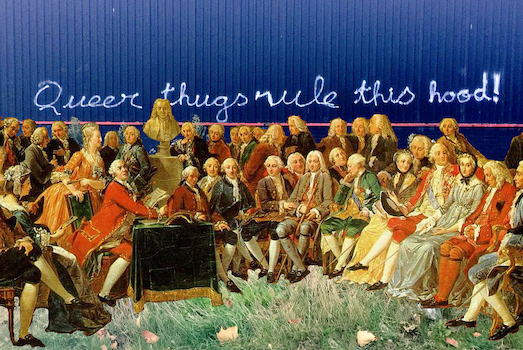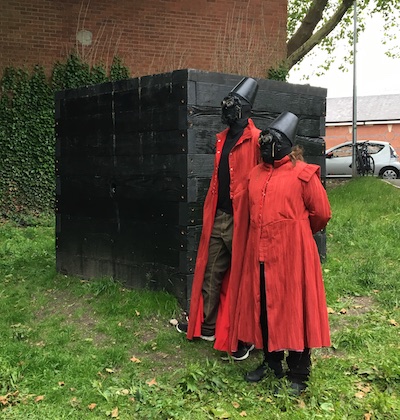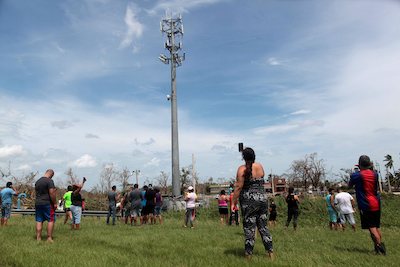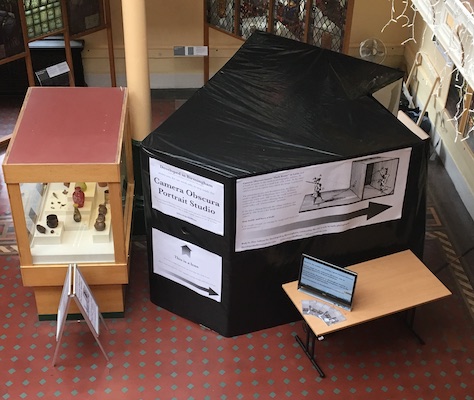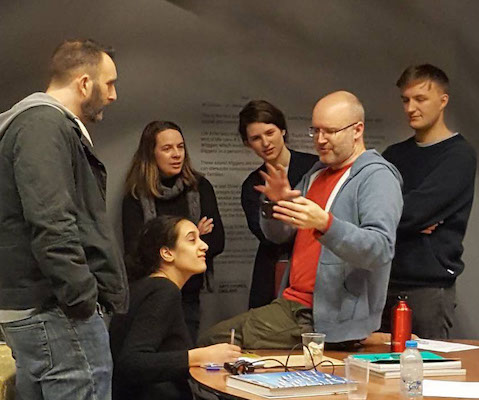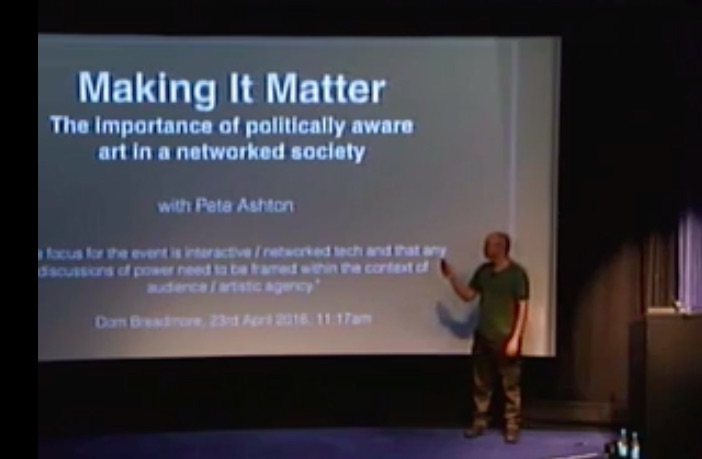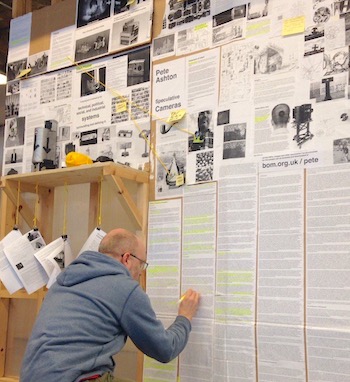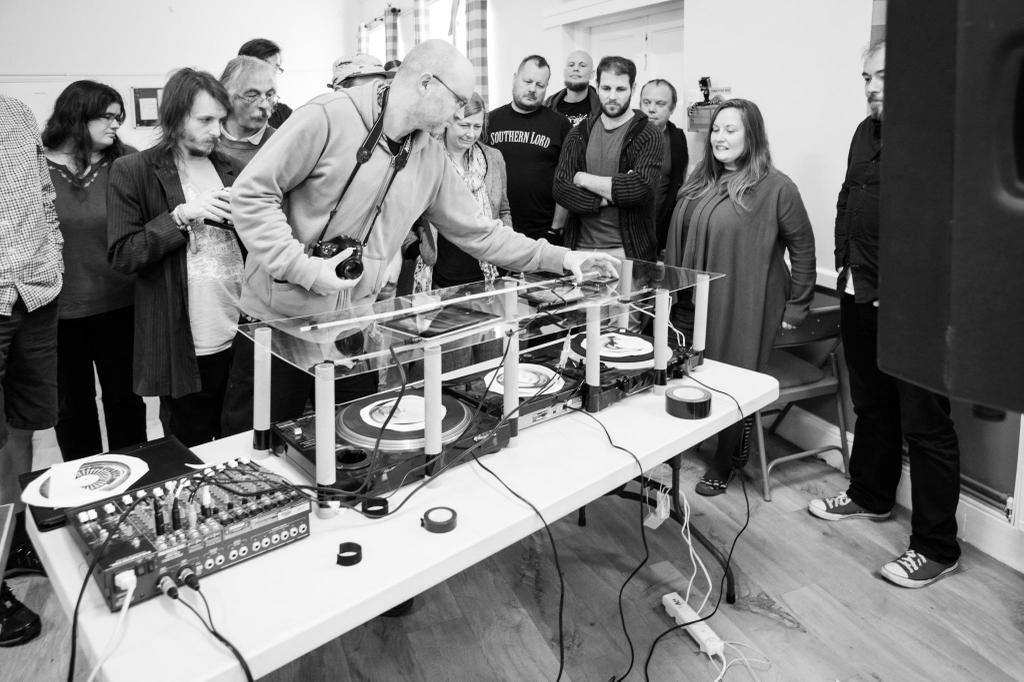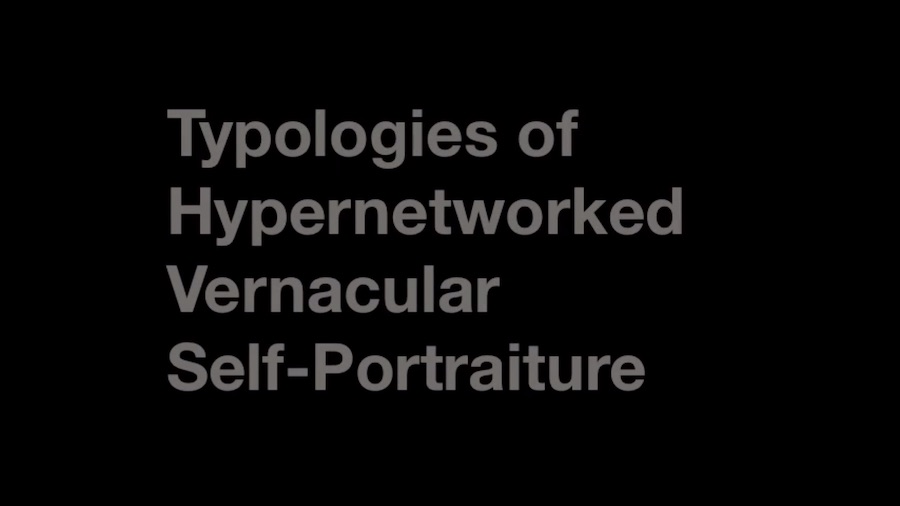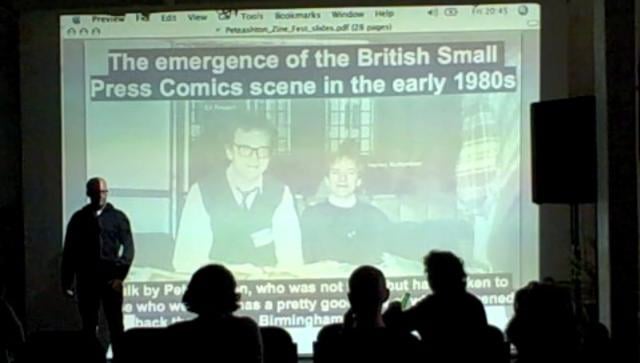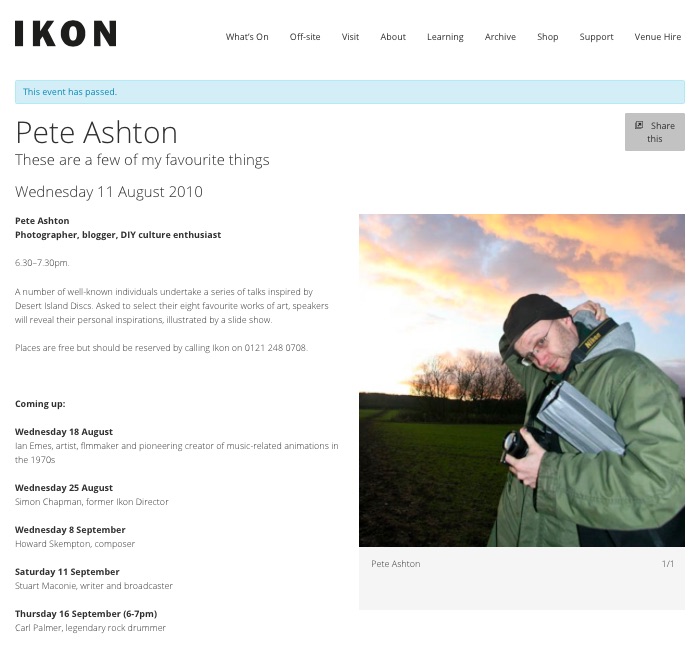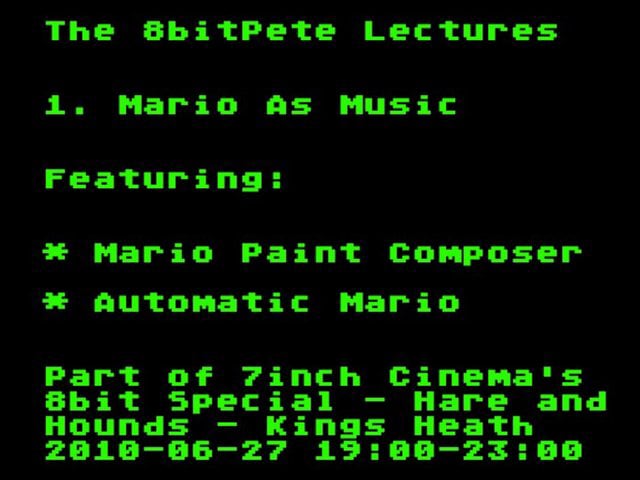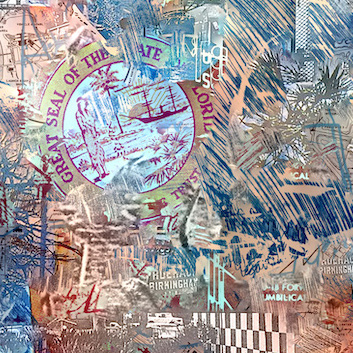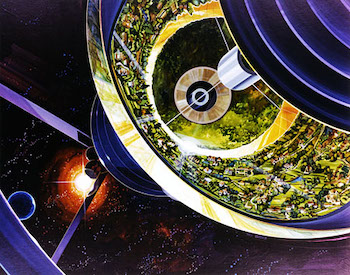The hardest part of The 1972 Project was starting it, so I decided to make a film in a fortnight and present it show it to people regardless of its quality. No procrastination, no tweaking, just get it out there, and once it’s done, move on to the next thing.
It was presented at The Magic Cinema at Artefact, Stirchley, on November 27th 2019, launching the project.
Transcript
Punctuation was amended to coax the text-to-speech algorithm into phrasing more coherently and has been left intact because it amuses me to do so.
Part 1
As we reach the end of the second decade of the third millennium, two things are apparent. The world has, once again, gone bat fuck crazy, and the era of the internet, is at its zenith.
Some have speculated that these two things are related, and that in order to lance the boil something needs to happen. But beyond sticking plasters and hand-wringing, no-one seems to know what.
In the West, at least, our leaders hark back to past glories through populist blinkers. For better or worse, the left longs for new deals and welfare states while the right dreams of empire and divine right.
Meanwhile the culture of the 21st century is stuck in the 20th, nostalgically regurgitating futures from a bygone age. Everything new is old again. The future is the past with a knowing wink.
Does this matter? Well, the 20th Century did have some unfortunate side effects. The climate is fucked for a start.
And the last few decades of neoliberal economics do seem to have made a handful of people absurdly wealthy, to the detriment of everyone else.
We can’t keep doing the same old thing and hoping it all works out. But imagining a different future, one that is truly of the future, seems to be getting harder and harder.
Futurists used to be visionaries, dismantling the common-sense of the present, to figure out what might happen next. What are the futurists of today thinking?
In January 2019, Jeff Bezos, boss of Amazon and world’s richest man, presented his dream, his endgame. All that he has done turned out to be in the service of giant space stations, orbiting the Earth and housing 10s of thousands of people. His space rocket company, Blue Origin, would lay the foundations for this epic technological feat, saving humanity and the Earth, whilst ensuring progress continued unimpeded.
This seems radically futuristic, but the idea is actually fifty years old. In 1969, Gerry O’Neill, a professor at Princeton University, asked his students, faced with the optimism of the Apollo programme and the dire state of the Vietnam War, to consider whether the surface of a planet is really the right place for an expanding technological civilization. They convinced him it wasn’t, and he spent the 1970s thinking about space colonies.
In 1972 the final Apollo mission, number 17, went to the moon and the programme was cancelled. While the just-announced Space Shuttle was in development NASA searched furtively for a new mission to fill the yawning gap left by Apollo. What could come next?
This was Gerry O’Neill’s chance, and in 1975 he convened the first of three Conferences on Space Colonization, resulting in the now famous paintings of gigantic space stations populated by ordinary looking humans. This was to be America’s new frontier. Not shiny and militaristic, but green and Earth like. A new world for the next generation of pioneers.
Of course these never came to pass. The political and economic will was not there, and Gerry O’Neill went back to teaching at Princeton, where, circa 1985, a young Star Trek fan called Jeff Bezos, whose high-school valedictorian speech was an earnest call for space colonisation, becomes his student. The rest of Bezos’s life, it seems, will be dedicated to fulfilling O’Neill’s dream.
But Bezos hasn’t tried to update these designs. He hasn’t merged them with the last fifty years of technological and social change. He sees them as the solution to our problems but either our problems haven’t changed, or O’Neill’s solutions are eternal.
Maybe O’Neill was fifty years ahead of his time and it’s only now the world has caught up that Bezos can make it happen. Maybe O’Neill was a true futurist, and Bezos, king of the supply chain, is the pragmatist.
It’s a nice idea, but I think something was happening in the early 70s, specifically around 1972, that put us on a path that we seem incapable of changing.
Part 2
Seventy two things that will be fifty years old in 2022, somewhat arbitrarily picked from Wikipedia pages about 1972.
- Animation studio Aardman Animation.
- The first pocket calculator the HP-35.
- James Lovelock’s Gaia hypothesis.
- Actor and Tom Watson impersonator Nick Frost.
- Direct Rule in Northern Ireland.
- The pornographic movie Deep Throat.
- The Watergate Break-in.
- Actor Cameron Diaz.
- The announcement of the Space Shuttle program.
- Actor comedian and tall person Peter Serafinowicz.
- British credit card brand Access.
- Second wave feminist magazine Spare Rib.
- Actor Karl Urban.
- Comedian and actress Maya Rudolph.
- Nights in White Satin by the Moody Blues.
- Post-Stonewall campaigning newspaper Gay News.
- David Hockney’s Portrait of an Artist.
- Singer Liam Gallagher.
- Actor Toni Collette.
- Bob Fosse’s film Cabaret.
- Hysterical disaster movie The Poseidon Adventure.
- Soccer player Zinedine Zidane.
- Historical pop song American Pie.
- The World Trade Center.
- Proto-electronica banger Popcorn.
- The Blue Marble photograph of Earth from space.
- Ernő Goldfinger’s Trellick Tower.
- First video game console the Magnavox Odyssey.
- Neil Young’s Heart of Gold.
- Hillbilly-phobic movie Deliverance.
- Smutty sit-com Are You Being Served.
- Future world president Dwayne Johnson.
- Purveyor of high quality television… and breasts, HBO.
- Popular chanteuses and professional ginger, Geri Halliwell.
- Delightful mixed-use development the Brunswick Centre.
- Hippy-centric intercourse-manual The Joy of Sex.
- American game show The Price Is Right.
- Tall ball bouncer Shaquille O’Neal.
- Actress Octavia Spencer.
- Spewer of truths, Frankie Boyle.
- Holistic analysis of capitalism, The Limits to Growth.
- Rapper Busta Rhymes.
- Animated movie Fritz the Cat.
- People’s Republic of Bangladesh.
- Television presenter Claudia Winkleman.
- Scottish actor Ewen Bremner.
- The Munich Olympics massacre.
- The Notorious B.I.G..
- Democratic politician Beto O’Rourke.
- Sexy-ish film Last Tango in Paris.
- Right-wing politician Priti Patel.
- John Berger’s Ways of Seeing.
- The television series M_A_S*H.
- Actress Thandie Newton.
- The first treaty of the Strategic Arms Limitation Talks.
- Bloody Sunday.
- Ceylon is renamed Sri Lanka.
- Actress Jennifer Garner.
- Artist and musician Björk.
- The catalogue retailer Argos.
- Astronaut Tim Peake.
- Andrei Tarkovsky’s Solaris.
- Actor Ben Affleck.
- The computer game Pong.
- Francis Ford Coppola’s Godfather.
- The National Express coach company.
- John Craven’s Newsround.
- Child-actor survivor and professional nerd Wil Wheaton.
- The demolition of the Pruitt–Igoe housing project heralding the death of modernism.
- Stewart Brand’s Last Whole Earth Catalogue wins the National Book Award.
- The launch of Apollo 17, the final mission to the moon.
- Creator of this video, artist Pete Ashton.
Part 3
My name is Pete Ashton and I am an artist based in Birmingham, a city in the north west of Europe.
1972 is the overarching title and theme of my work for the next three years, culminating on my fiftieth birthday in September 2022.
Over the next three years I will be making work about this half-century, exploring how it came to be, why we can’t seem to see a future whilst within it, and what that future might look like.
Some of the work will be serious and didactic as fuck. Some will be daft and seemingly irrelevant. Some will be collaborative, while other work will be more personal.
The scope of this project is absurdly large, so I plan to use my life and my obsessions as a framework. As a child I was obsessed with NASA’s space programme. As a teen and into my 20s comic books led me deep into the counterculture and underground publishing. And in my 30s I made my home on the Internet with blogging and the early social media platforms.
I believe these three things are deeply inter twing guld and I think may provide some useful answers.
Please join me on this journey of exploration and illumination which I promise is not a mid-life crisis. Honest.

